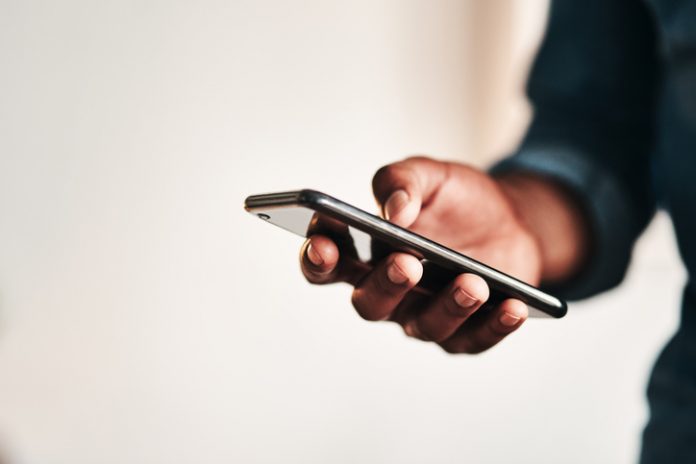
The rollout of 5G network service has finally started. Once 5G is more mainstream, it will lead to new services and products, industries, and heights of productivity. It will be key to international competitiveness and to the growth of SMBs and enterprise businesses in nearly every industry, and the hospitality industry is no exception.
The Need for Strong Cellular Connectivity
As 5G jumps forward in communications technology, it has the potential to deliver more speed, support more services, and handle more traffic than 4G LTE networks. However, 5G coverage is still uneven, which can negatively impact both guests and hotel staff.
When it comes to booking hotel accommodations, the most requested amenity is free, high-speed internet. Today’s travelers rely on their phones while they’re away from home. Strong cellular coverage allows guests to work remotely, make calls, map their location, text loved ones, and upload photos, among other activities. They expect this coverage to be strong and uninterrupted throughout the hotel or resort, regardless of whether they’re in the lobby, by the pool, at the hotel restaurant, or in their rooms.
Ubiquitous cellular coverage is also crucial for hotel operators who rely on several wireless systems to keep their properties running efficiently at all times, such as guest management systems for easy check-in and check-out, guest payments, facilities management applications, accounting software, and more. Hotels and resorts also rely on wireless connectivity to provide prompt, responsive guest service to ensure they are taken care of at all times.
Challenges to the 5G Rollout
The 5G network service is comprised of higher-frequency radio waves, which have a more difficult time passing through solid materials and terrain than 4G LTE waves. Unfortunately, that means that 5G waves will be blocked more easily by a hotel or resort’s building materials including brick, glass, concrete, and even LEED-certified building materials. This will be a complicated problem that will need to be solved as 5G rolls out.
Because of the gap between 5G’s potential and the supporting infrastructure, hotels and resorts looking to provide 5G for staff and guests will likely need to add supporting infrastructure to ensure a strong signal for everyone. As a result, commercial cell phone signal repeaters will play a role in delivering reliable cell service for the hospitality industry as 5G ramps up. Wherever there are barriers to cell signal, repeater technology will be essential to a network’s functionality, regardless of its theoretical degree of speed or latency.
How Cellular Signal Repeaters Work
A cellular signal repeater captures and amplifies the signal sent to a mobile device by a nearby tower. Typically, cellular signal repeaters consist of three basic components: the outside antenna, the cellular signal repeater, and an indoor antenna (or network of indoor antennas). The outside antenna first reaches out to cell phone towers to capture the weak signal. The cellular signal repeater receives this outside signal and amplifies each of the supported frequency bands simultaneously for everyone inside the space using the inside antenna. Cellular signal repeaters are carrier-agnostic, which means that they will improve cell signals for all users, regardless of their cell phone provider. They do not require the creation of an internal network, so they can be professionally installed in a matter of days or weeks. The installers first conduct a site survey to identify the strongest cell signal, which enables them to determine where to install the repeater and what accessories are necessary for installation. Once they are professionally installed, users will immediately notice an improvement in cellular signal, including support of 5G frequencies.
The hospitality industry knows no bounds, whether it’s providing an experience hosting visitors, serving restaurant patrons, or entertaining guests, and being able to keep up with the latest technological advancements is crucial to staying competitive. Strong wireless connectivity, including support of 5G, has become a must-have in our society that relies on wireless access. Fortunately, installing a commercial cellular signal repeater is an easy, immediate solution to weak cellular connectivity, resulting in satisfied guests and more efficient hotel operations.










